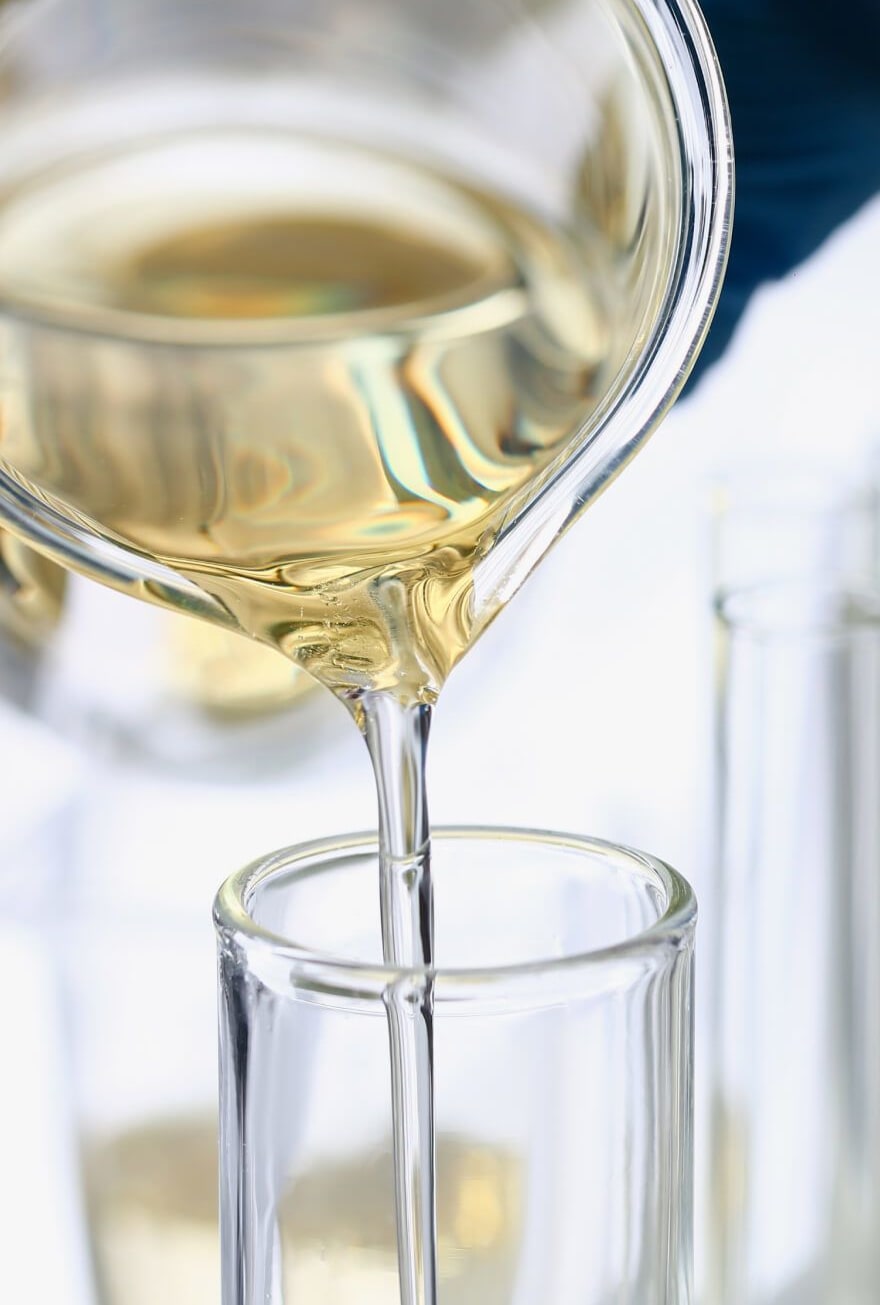Knowde Enhanced TDS
Identification & Functionality
- Chemical Family
- Fluids & Lubricants Functions
- CAS No.
- 32472-85-8
- EC No.
- 608-744-3
Features & Benefits
- Base Chemicals Features
- Fluids & Lubricants Features
- Product Benefits
- Hydrolytically stable, resistant to breakdown in the presence of water
- Excellent lubricity versus industry standard.
- Hard water tolerance capabilities
- Low foaming capabilities
- Oil soluble.
STEPAN® MWA Products Product Class Sub-Class Functional Characteristics Emulsification Lubricity Antifoaming Metal Cleaning Hard Water Tolerance Antimisting Corrosion Inhibition Coupling Agent Biocidal Inert 500 Series Esters Methyl X X Simple X X X Complex X X Hydrolytically Stable X X X
Applications & Uses
- Markets
- Applications
- Base Chemicals End Uses
- Applications
STEPAN MWA-570 HS is a diethylene glycol-phthalic anhydride-based modified polyester polyol that exhibits hydrolysis resistance, good thermal stability and low polyol. It exhibits a good hardness/flexibility balance, clarity and low color. STEPAN MWA-570 HS is used in metalworking formulations for improved lubrication properties. MWA-570 HS is a great option as a chlorinated paraffin replacement either alone, or with the addition of phosphate esters.
Properties
- Physical Form
- Typical Properties
| Value | Units | Test Method / Conditions | |
| Acid Number | max. 1.5 | mg KOH/g | — |
| Color | max. 3 | — | Gardner Scale |
| Density (at 75°C) | 1.27 | g/ml | — |
| Equivalent Weight | 1002 | — | — |
| Functionality | 2 | Eq/mol | Calculated |
| Glass Transition Temperature (pure polyol) | -1 | °C | — |
| Hydroxyl Number | 56 | mg KOH/g | — |
| Specific Gravity (at 75°C) | 1.27 | — | — |
| Viscosity (at 80°C) | 4150 | cPs | — |
| Water Content | max. 0.05 | wt% | — |
Regulatory & Compliance
- Chemical Inventories
- Clearances
The international inventories (country clearances) of STEPAN MWA-570 HS can be found in Section 15 of the Safety Data Sheet (SDS). It is the responsibility of the formulator to review the chemical control regulations for each country where the end-product is intended to be sold or used.
Technical Details & Test Data
- Falex 4-Ball and Falex Pin and Vee Testing
Lubricity is measured using the Falex Four-Ball Wear test and is used to determine the wear-preventing properties of lubricants in metalworking applications. Lubricants are compared using the average size of the scar diameters worn on the three lower clamped balls. STEPAN MWA-570 HS shows improved lubrication by showing reduced average scar when compared to the current industry standard.
Falex 4-Ball Wear
ASTM D4172BFalex Pin and Vee Test
ASTM D3233Average Scar, mm Test Load,
lbsFailure Load,
lbsTorque,
lbsTemperature,
⁰FIndustry Standard 0.628 1250 1250 27 166 STEPAN MWA-570 HS 0.336 4500 4500+ 78 315
Packaging & Availability
- Standard Packaging
STEPAN MWA-570 HS is available in drums.
Storage & Handling
- Storage & Handling
- Normal safety precautions (e.g. gloves and safety goggles) should be employed when handling STEPAN MWA-570 HS. Contact with eyes, nose or prolonged contact with skin should be avoided. Wash thoroughly after handling STEPAN MWA-570 HS. See the SDS for further information.
- Storage in sealed containers at temperatures of 60-95°F (15-35°C) is recommended.
- Workplace Exposure
Occupational exposure can occur primarily through skin contact or via inhalation of vapors and mists. Engineering controls, personal protective equipment, and other workplace practices should be used to control these exposures. See the SDS for further information.

